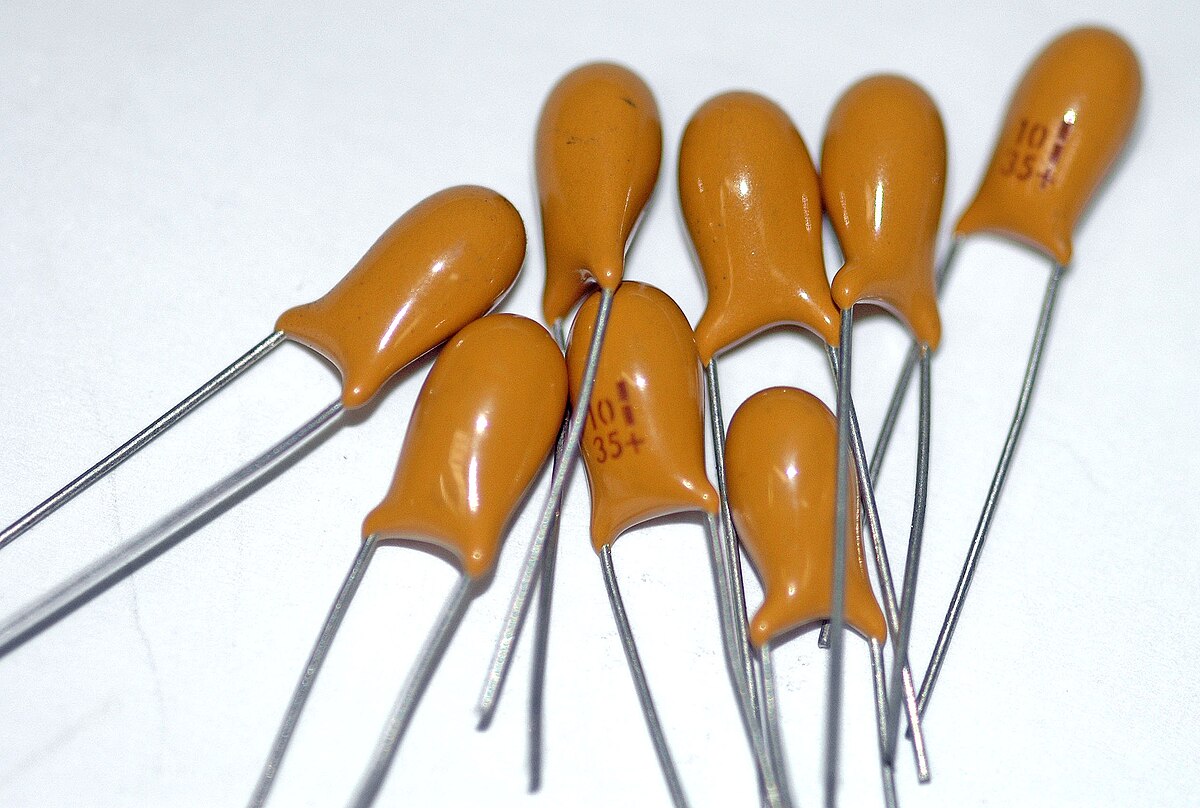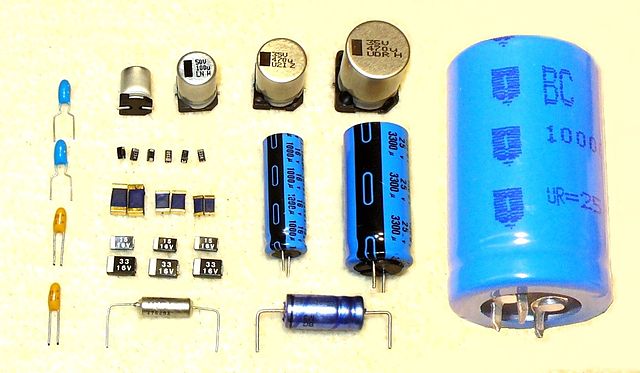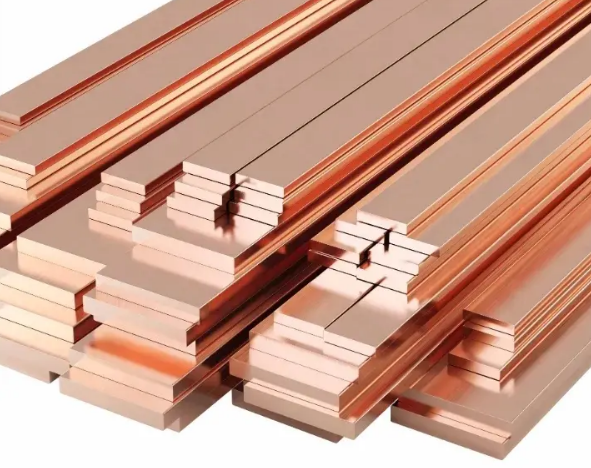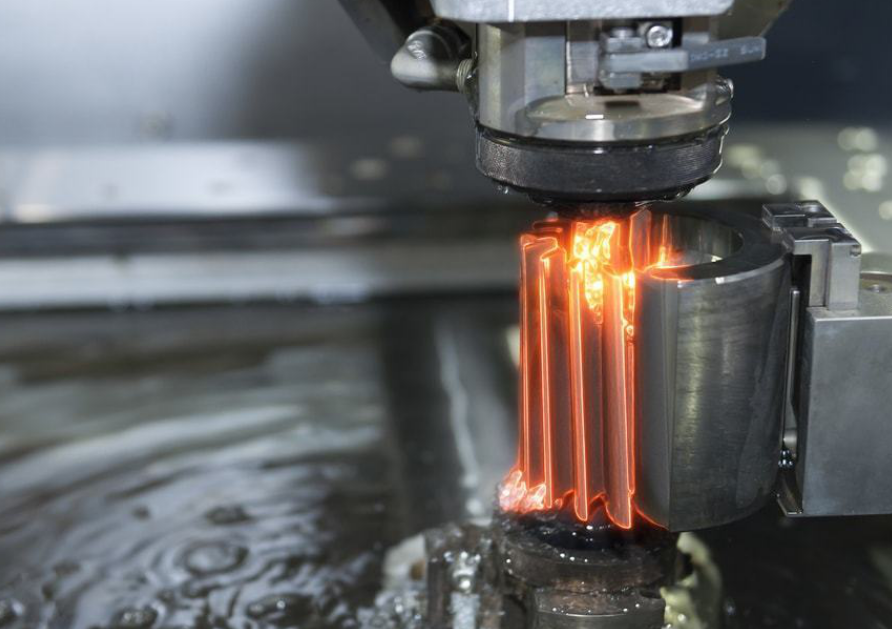How Capacitor Tantalum Powder Used Today?
A tantalum electrolytic capacitor is a kind of electronic device that generates dielectric directly on the surface of tantalum oxidation film by tantalum metal anodic oxidation. The most important difference between the tantalum capacitor and other types of the capacitor is the quality of the tantalum oxide dielectric film, which has a high permittivity and breakdown voltage. The higher purity of tantalum powder makes the higher breakdown voltage of tantalum capacitor anodic film.
Tantalum powder has a high specific surface area and can keep it even through suppression and sintering due to its special pore structure, thus making the capacitor ratio (electric). The capacitor tantalum powder that is applicable under the working voltage is less than 25V commonly known as high hematocrit tantalum powder because of its high specific capacitance. High hematocrit tantalum powder is mainly used to prepare the reduction of potassium fluotitanate with thermal sodium; high voltage tantalum powder has a higher demand on the purity and physical properties of the powder, such as the control of the C and O granularities, which must use the electron beam melting into an ingot then to prepare the tantalum powder through hydrogenation burst.
The capacitor tantalum powder is moving toward high volume and high purity. The tantalum powder volume abroad has reached 40000 ~ 50000 micro method of v/g; the micro method of v / 70000 grams of tantalum powder has been started on trial, and some individual manufacturers are trying to manufacture the micro method of v / 100000 g.

Except for the tantalum powder, the tantalum foil is also used to foil capacitors, and the tantalum wire is used for capacitor anode lead. The tantalum capacitor is superior to ceramic capacitor because it remains stable capacitance in a wide range temperature of 55 ~ 125 ℃. The tantalum capacitor has enduring applications in computers, communications systems, aircraft, missiles, ships, weapons systems of instrument and control systems because of its highly reliable performance compact, efficiency, and long shelving time, which has become the most important application of tantalum.




